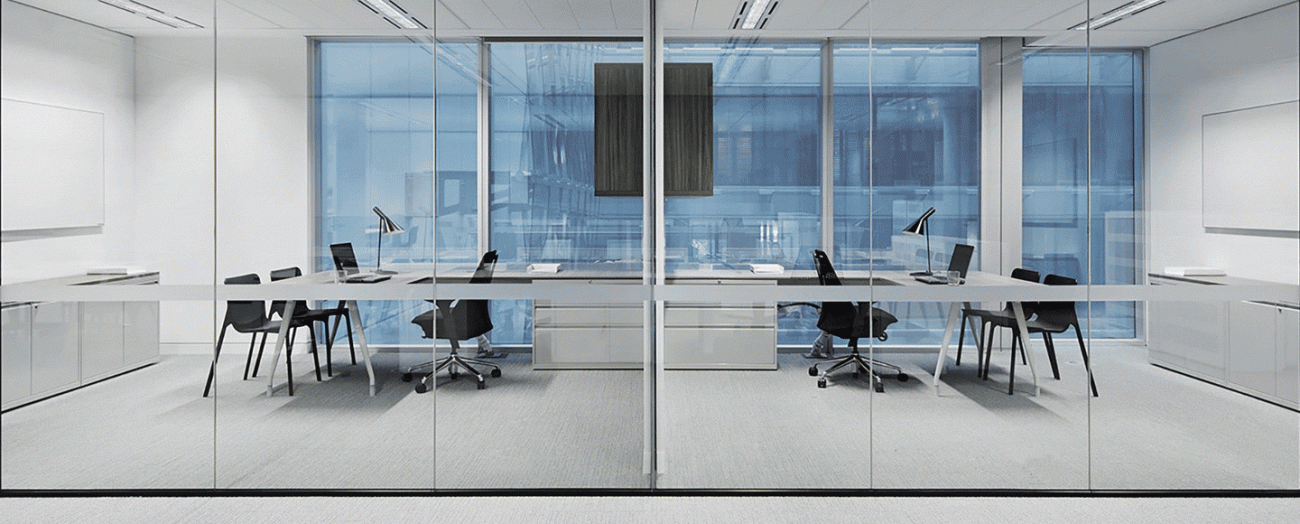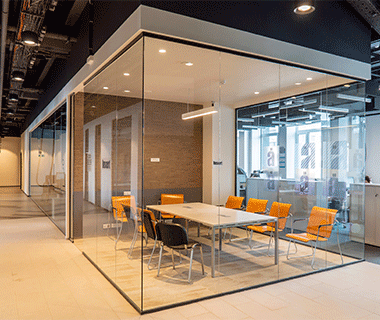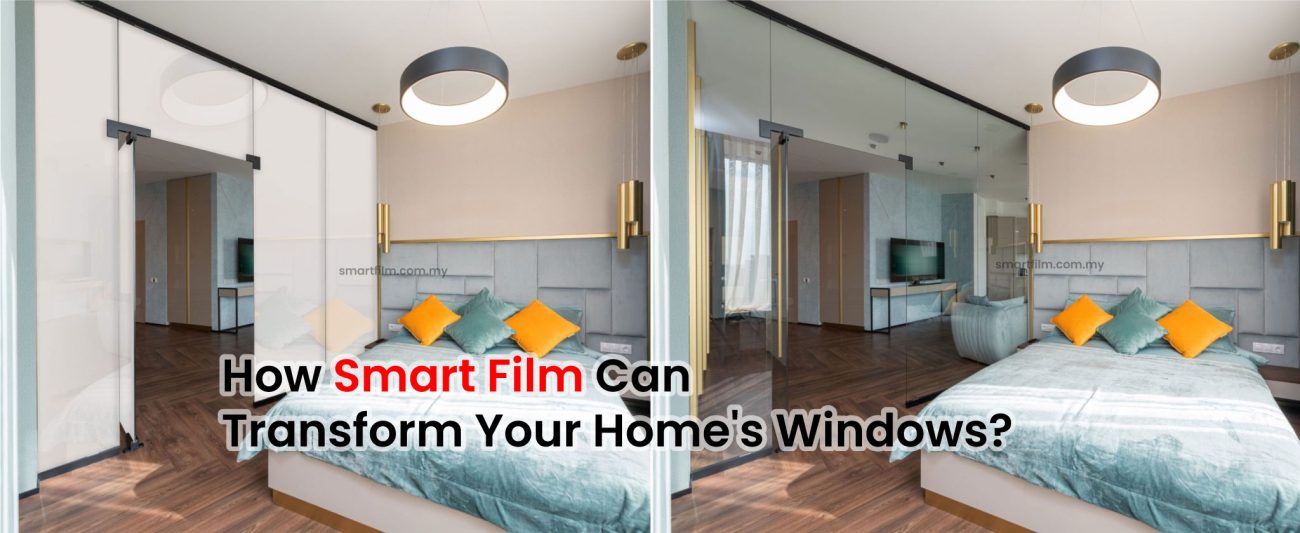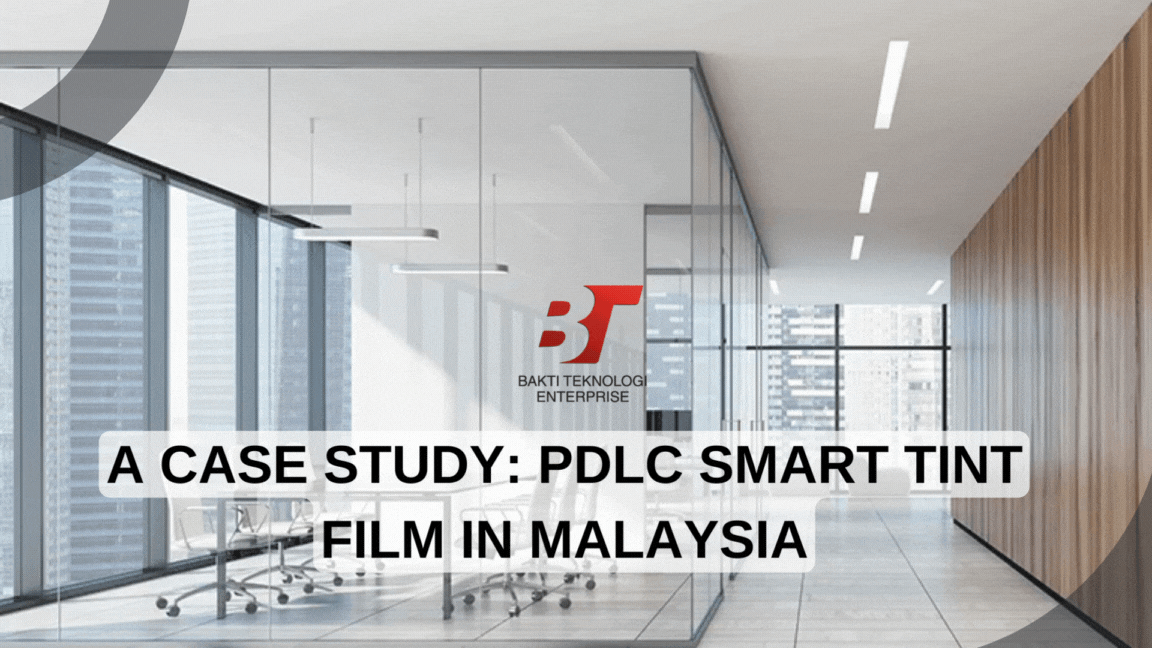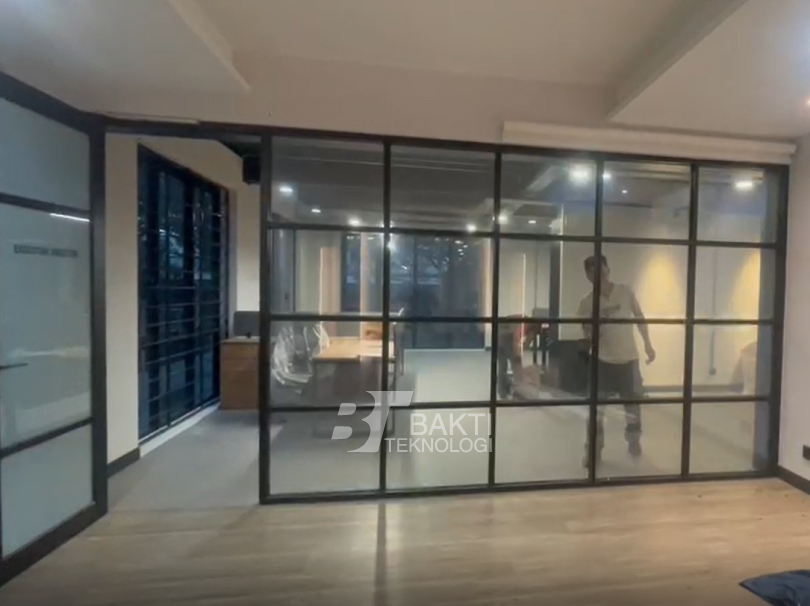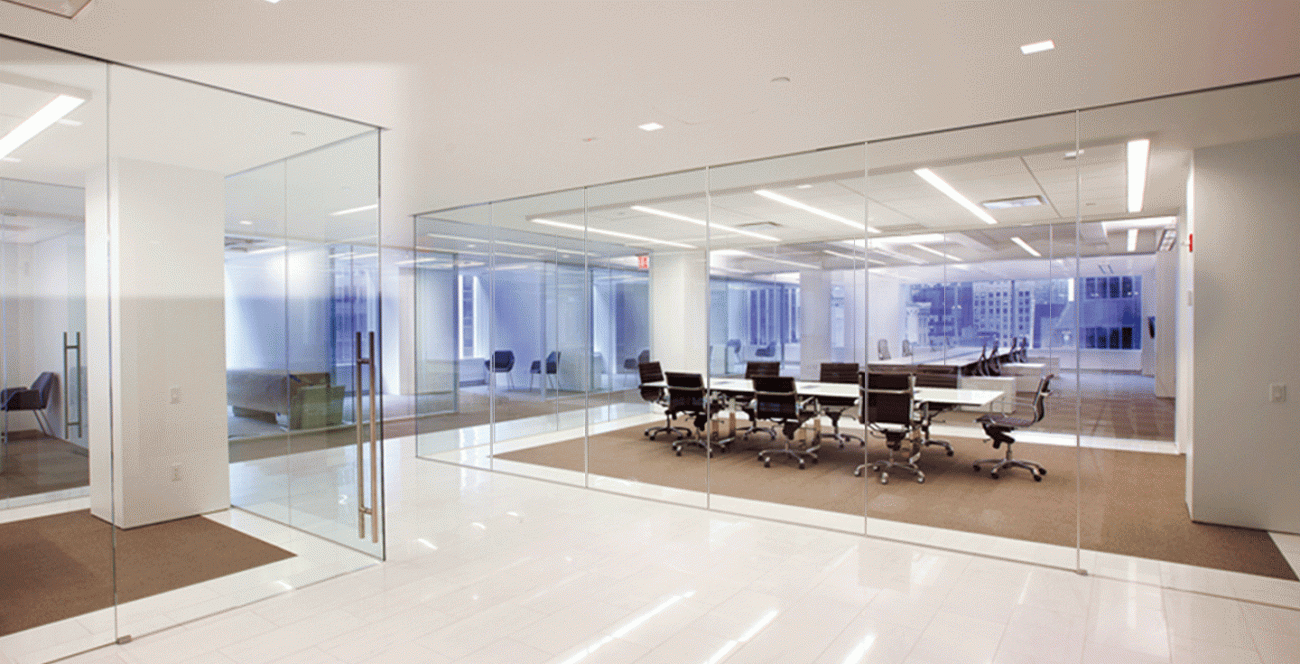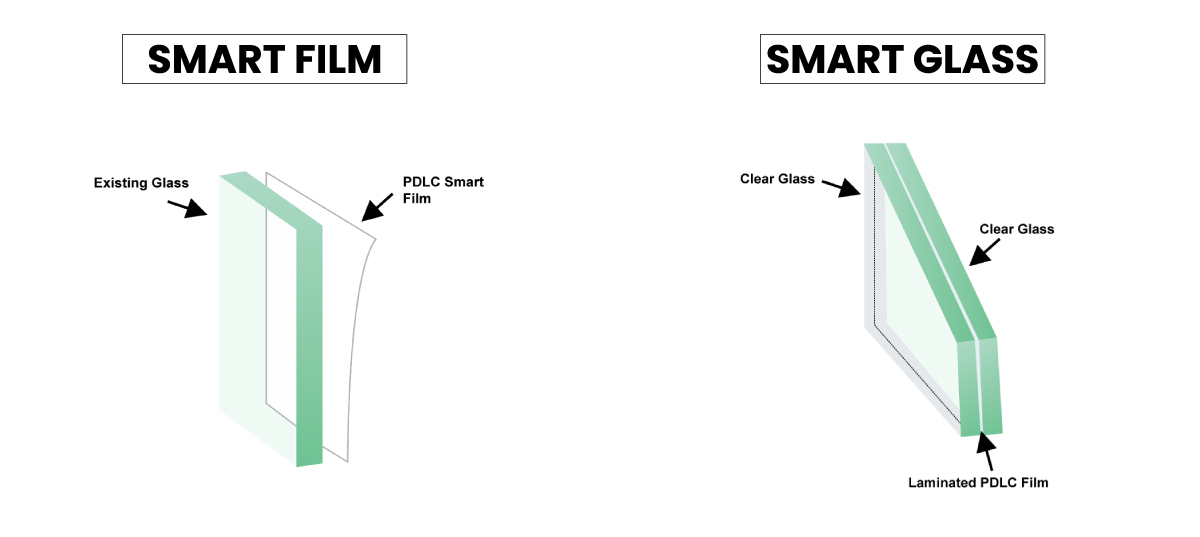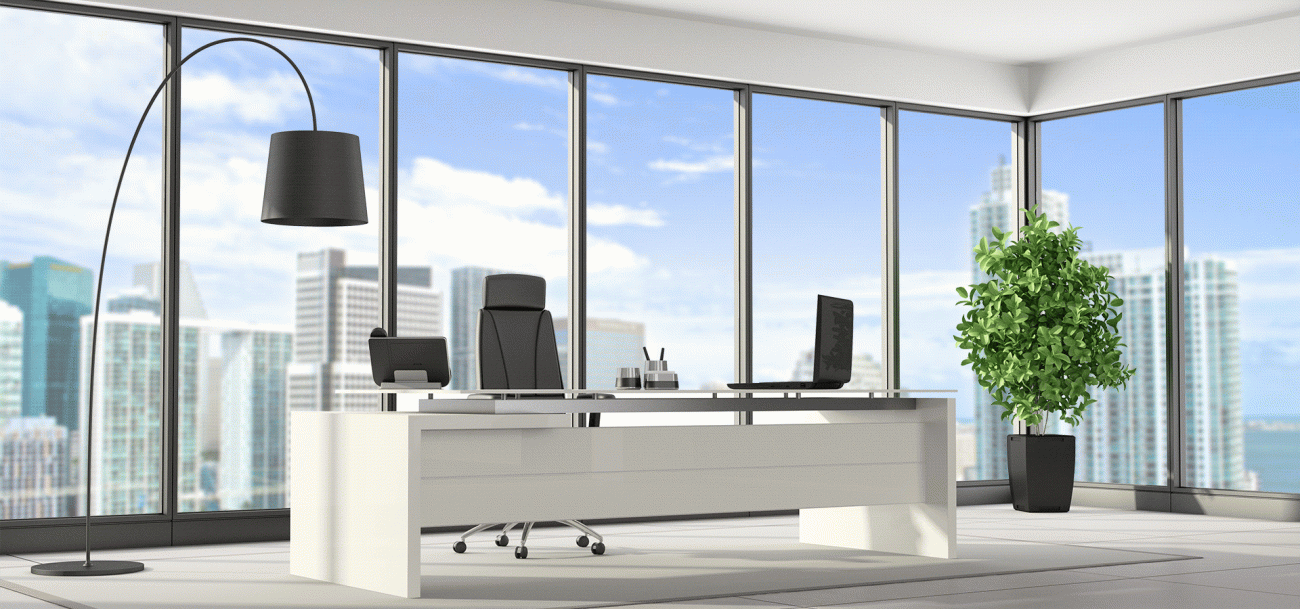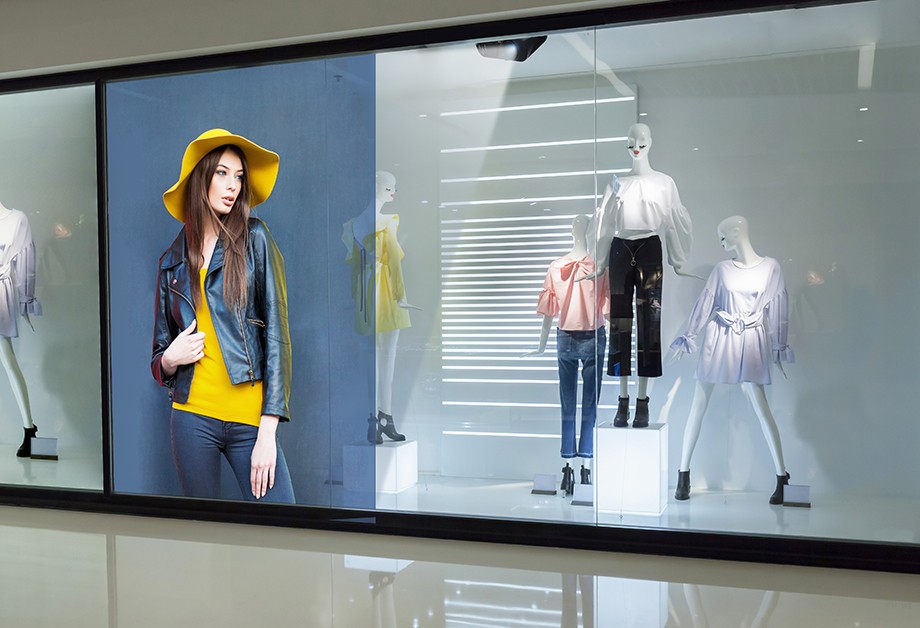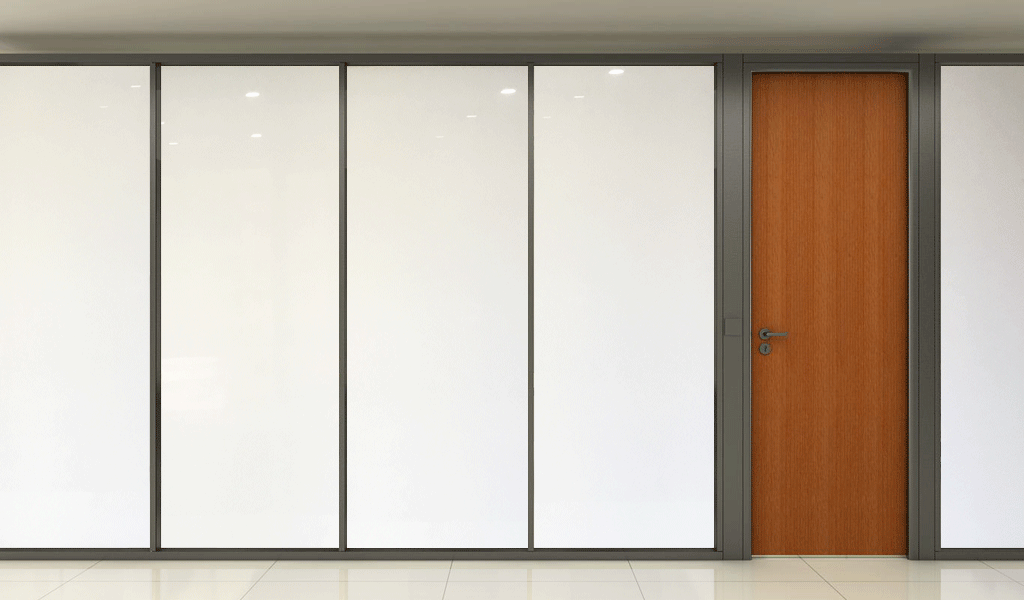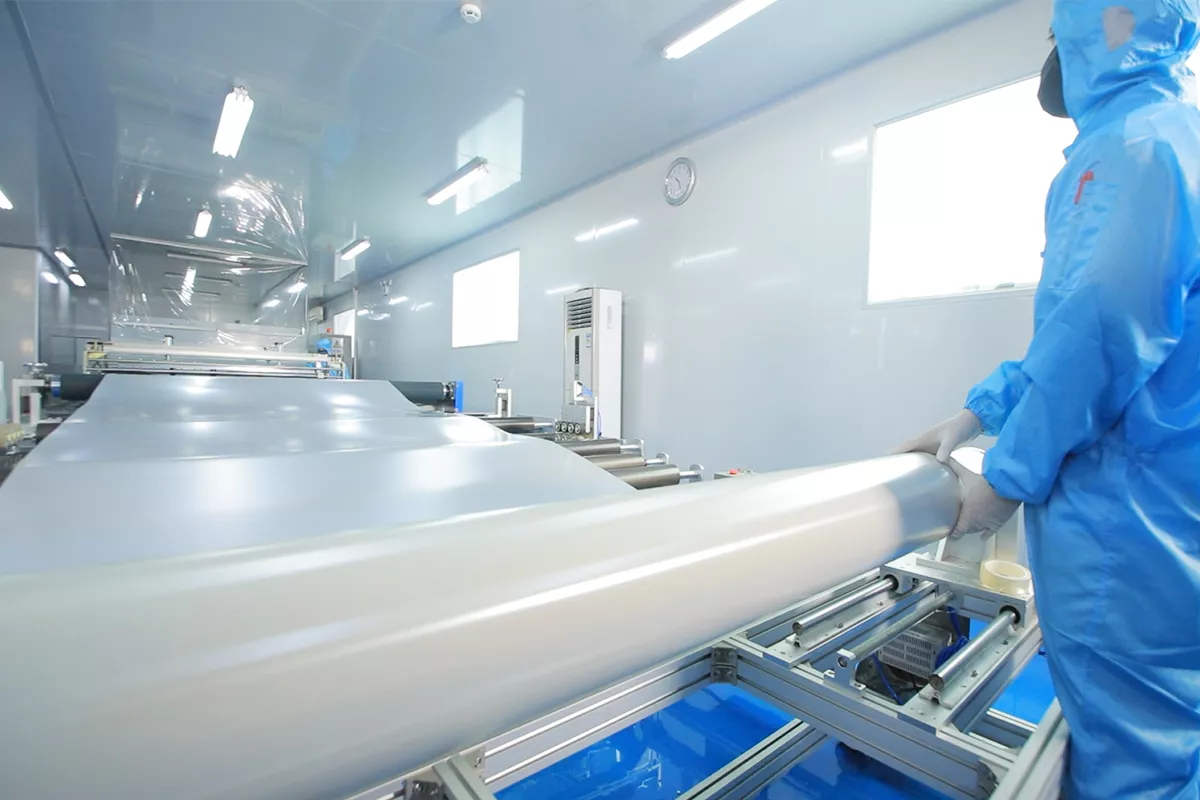SMART FILM
Smart film, also known as switchable film, is a type of film that can change its opacity or transparency in response to an electric current or other stimuli. This technology has a wide range of applications, from privacy screens to energy-efficient windows. Here are some details about smart film:
Invention:
The invention of smart film is attributed to the German company, SPD Technologies, which was founded in 1986 by Klaus and Wolfgang Fezer. They invented a glass that could be electronically tinted, which eventually led to the development of smart film.
Major manufacturers:
There are several major manufacturers of smart film, including Smart Film Technologies, Polytronix, and ESG Switchable.
Countries that use smart film most:
Smart film is used in many countries around the world, but it is most commonly used in the United States, China, and the United Kingdom.
What is smart film?
Smart film is a type of film that can be switched from opaque to transparent by applying an electric current or other stimuli. The film is made up of multiple layers, including conductive and transparent electrodes, a liquid crystal layer, and a polymer layer.
Benefits of smart film: Some of the benefits of using smart film include:
- Privacy: Smart film can be used to create privacy screens in homes, offices, and other settings.
- Energy efficiency: Smart film can help reduce energy costs by blocking out sunlight and reducing the amount of heat that enters a building.
- Aesthetics: Smart film can be used to create decorative and visually appealing displays in commercial settings.
- Security: Smart film can be used to create bullet-resistant glass and to strengthen windows and doors.
Where can smart film be used? Smart film can be used in a variety of settings, including:
- Residential homes: Smart film can be used to create privacy screens and energy-efficient windows.
- Commercial buildings: Smart film can be used to create decorative displays and to improve energy efficiency.
- Automobiles: Smart film can be used to create tinted windows and to improve privacy and security.
- Medical facilities: Smart film can be used to create privacy screens and to improve hygiene by reducing the spread of germs.
Key features of smart film:
- Switchable: Smart film can be switched from opaque to transparent and back again.
- Customizable: Smart film can be cut to fit any size or shape of window or display.
- Energy-efficient: Smart film can help reduce energy costs by blocking out sunlight and reducing the amount of heat that enters a building.
- Durable: Smart film is scratch-resistant and can withstand high temperatures and humidity.
- Easy to install: Smart film can be easily installed on any flat surface.
